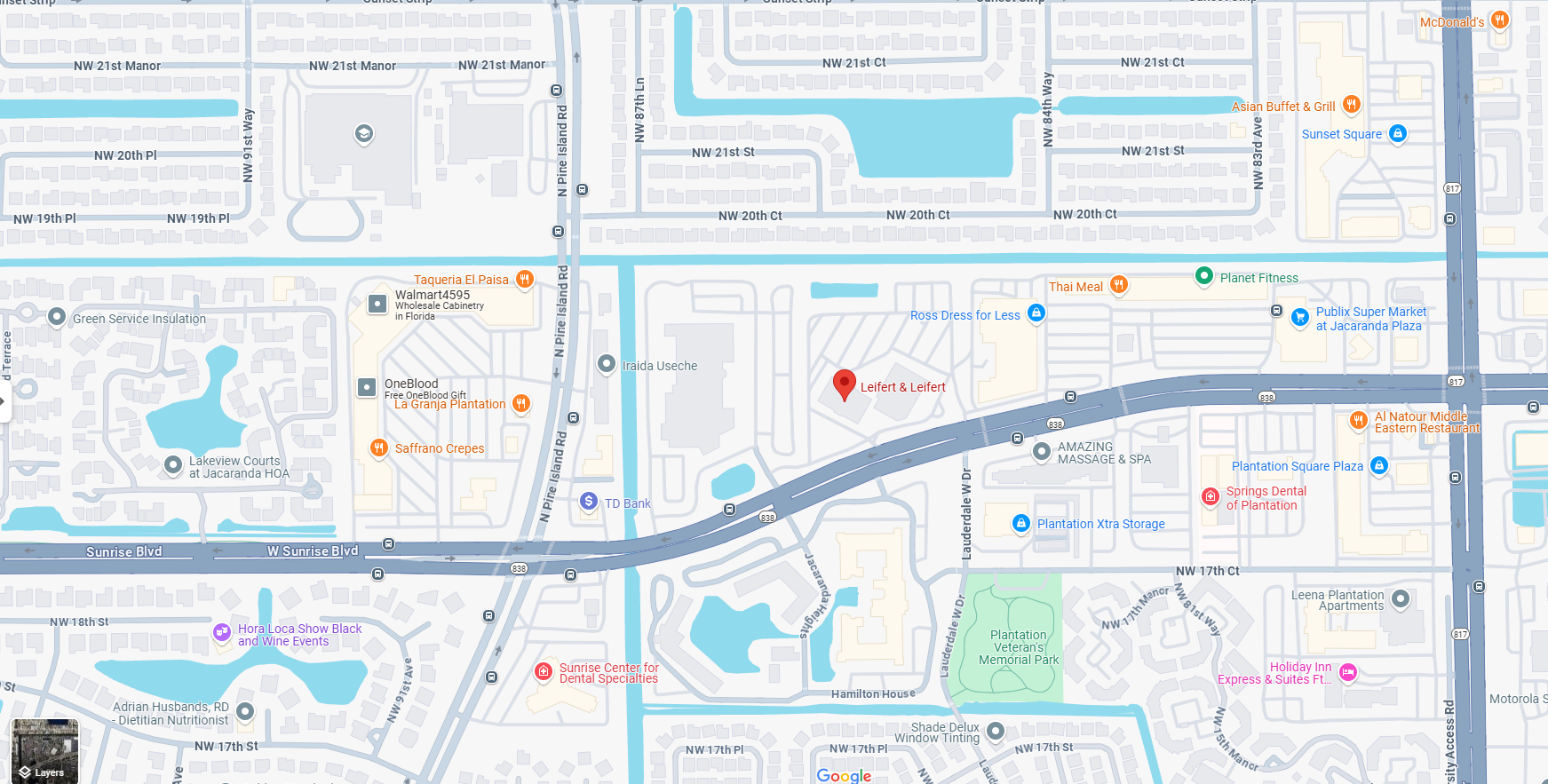A theft conviction in Broward County can not only affect your reputation and possibly lead to jail time and fines, but it can also impact college scholarships, employment, career opportunities, and may lead to mandatory community service, a suspended driver’s license, and the loss of professional licenses.
In Florida, theft can be either classified as a misdemeanor or felony, depending on the value of the stolen property, goods, or services. En Español.
That is why it is important to work with an experienced Broward County theft lawyer who can fight to keep a charge from becoming a conviction on your criminal record, or work to restore your reputation via Broward County’s misdemeanor diversion program. To begin this process, contact an experienced criminal lawyer in Broward County as soon as possible.
What is Petite Theft?
According to Florida Statutes Section 812.014(2)(e), petit theft is a crime that involves stealing property or merchandise under $300, and is commonly associated with shoplifting. It is considered a second-degree misdemeanor if the value stolen is under $100, punishable by a maximum of 60 days in jail.
If the amount is between $100 and $300, the theft is classified as a first-degree misdemeanor, which carries a punishment of up to one year in jail.
Petit theft does not just involve shoplifting; it could involve any effort to pay less for an item (such as switching price tags), sneaking into a movie theater or concert to avoid paying for a ticket, or committing a dine and dash. No matter the specific offense, a Broward County theft attorney can help defend the charge.
What is Considered Grand Theft?
In Florida, grand theft involves over $300 in stolen goods, and is commonly associated with shoplifting expensive goods, identity theft, and fraud. It is classified as a third-degree felony, with a maximum of five years imprisonment.
Grand theft involving a motor vehicle is referred to as grand theft auto, and is also considered a third-degree felony. Additionally, multiple petit thefts can lead to a felony petit theft charge.
Other types of grand theft crimes in Florida include:
- Robbery
- Embezzlement
- Stealing a firearm
- Stealing law enforcement equipment
- Theft of a controlled substance
Employee Theft
Although Florida does not outline specific laws regarding employee theft, prosecutors often seek harsher penalties for employees who have stolen from their employer. This is because employees are entered into a position of trust with their employers, and this kind of theft often causes more profound economic harm.
Even if an individual is a first-time offender, prosecutors often pursue longer jail terms, more expensive fines, and other harsher and more severe penalties.
A knowledgeable theft attorney skilled in Broward County’s theft laws can fight to defend clients against employee theft allegations.
Contact an Attorney
A theft charge can feel like an insurmountable obstacle in your life, especially if you do not currently have a criminal record, and it can seem like you have no options. However, contacting a Broward County theft lawyer can ensure that you are receiving the legal counsel you deserve.
A theft attorney in Broward County can challenge the State’s arguments and evidence, developing a solid case built on lack of intent, acting out of necessity, incorrect value of the property in question, consent from the owner, and more. A lawyer can fight to have your charges dropped, or work to keep you out of jail, reduce potential fines, and get you back to living your life.







